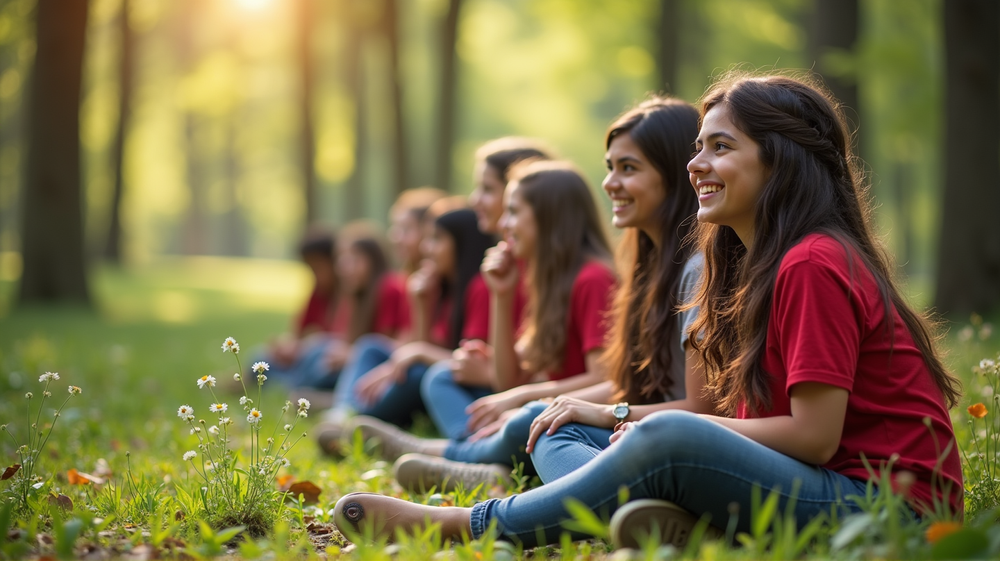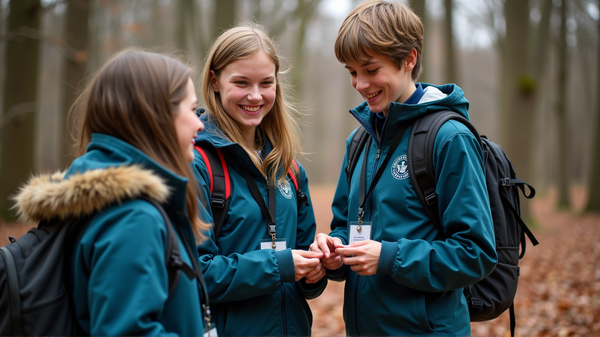Unlocking Outdoor Paths to Healing: Equity and Mental Health for Underrepresented Students
Nature has long been a sanctuary, providing solace and rejuvenation, and now its healing power is being tapped to address mental health challenges faced by underrepresented students. At the intersection of diversity, equity, and inclusion (DEI), universities are finding innovative ways to leverage outdoor recreation as a pathway to mental wellness.
Addressing Mental Health Crisis Through Outdoor Equity
As mental health becomes an escalating concern in higher education, particularly among students of color, first-generation individuals, and those from low-income backgrounds, it’s clear that traditional counseling needs reinforcement. According to Diverse: Issues In Higher Education, nature-based interventions enhance mental and emotional well-being, creating a robust support system.
Programs like Clifton H. Harcum Sr.’s at SUNY Geneseo focus on breaking down systemic barriers, offering therapeutic outdoor experiences. Such initiatives allow students to disconnect, resulting in improved life perspectives. One retreat participant declared, “This trip gave me a chance to breathe,” highlighting the immense emotional release found in nature.
Nature as a Strategy for Healing and Inclusion
The journey hasn’t been easy, as many students from marginalized backgrounds face invisible barriers to outdoor participation. Programs must dismantle these hindrances through guided experiences and inclusivity in outdoor settings. Workshops and mentoring create a platform where students can reflect, fostering a sense of belonging.
Building Resilience Through Outdoor Leadership
Outdoor recreation empowers students with resilience and confidence. Faced with new activities like rafting or ziplining, students push beyond fears, resulting in transformative breakthroughs. These adventures ripple into personal and academic realms, equipping them to tackle life’s challenges with newfound vigor.
A memorable white-water rafting experience saw students overcoming fear of water, with one reflecting, “It showed me I can push through fear,” echoing how nature teaches perseverance and self-belief.
Redefining Rest and Self-Care
For underrepresented students pressured to prove themselves, rest often seems a luxury. By redefining self-care as a vital success component, students learn that time invested in mental wellness retaliates against toxic productivity. Outdoor programs thus cultivate self-compassion and stress management strategies, embodying resistance against burnout culture.
A Call to Expand Outdoor Access
Embedding inclusive outdoor programming within universities is pivotal for mental health and equitable access. Providing this access:
- Enhances mental health care.
- Fosters student confidence and leadership.
- Breaks barriers to outdoor participation.
This approach is integral for student success, providing them a space to heal, grow, and thrive. The transformative power of the outdoors awaits institutions ready to invest in this vision, promising all students a journey of empowerment beyond their wildest expectations.
Clifton H. Harcum Sr. is the director of the Office for Multicultural Affairs at the State University of New York College at Geneseo.




